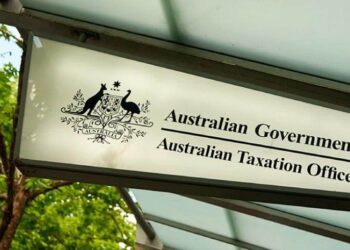APRA’s measurement of super funds fees are a “blunt instrument”, according to Prime Super, and penalise those funds with a smaller member balance.
Prime Super was recently named on the latest Choice heatmaps from the Australian Prudential Regulation Authority (APRA) for having significantly excessive fees.
However, chief executive Lachlan Baird argued this was because its members held smaller account balances than larger funds, and the fee covers all areas, including administration fees and operating costs.
Explaining the reason for the fund’s appearance in the list, which contained eight registrable superannuation entities (RSEs), Baird told Super Review it operated a non-standard approach to member fees.
“Prime Super includes all administration and operating costs within member fees, which is not standard practice across the superannuation industry. As a result, the comparison of member fees alone through the heatmap data does not present true like-for-like comparisons between superannuation fees due to the fact that all funds calculate their fees differently and are not compelled to report all costs and expenses in the same way.
“Our view is that members’ best interests are served through having a fee that is inclusive of all administration and operating costs; however, this is not standard practice.”
The average super balance for a Prime Super member, who is primarily located in rural and regional areas, was $45,000 compared to $94,000 to $96,000 for AustralianSuper members, Australia’s largest super fund.
Currently, APRA measured a fund’s fees by taking the operating expense ratio divided by total funds under management, he said, but he suggested a better approach would be net investment return after investment costs and members’ fees.
Baird said: “There are better ways to measure this, and we have been in discussion with APRA about it. A blunt instrument is not the only way; APRA should look at the total return on investment rather than just looking at the cost.
“If a larger fund has more members and a higher account balance, then their fee will seem lower.”
If Prime Super was to lower its costs, Baird worried this would result in a reduced service for members or a greater focus on digital capabilities rather than human interaction.




